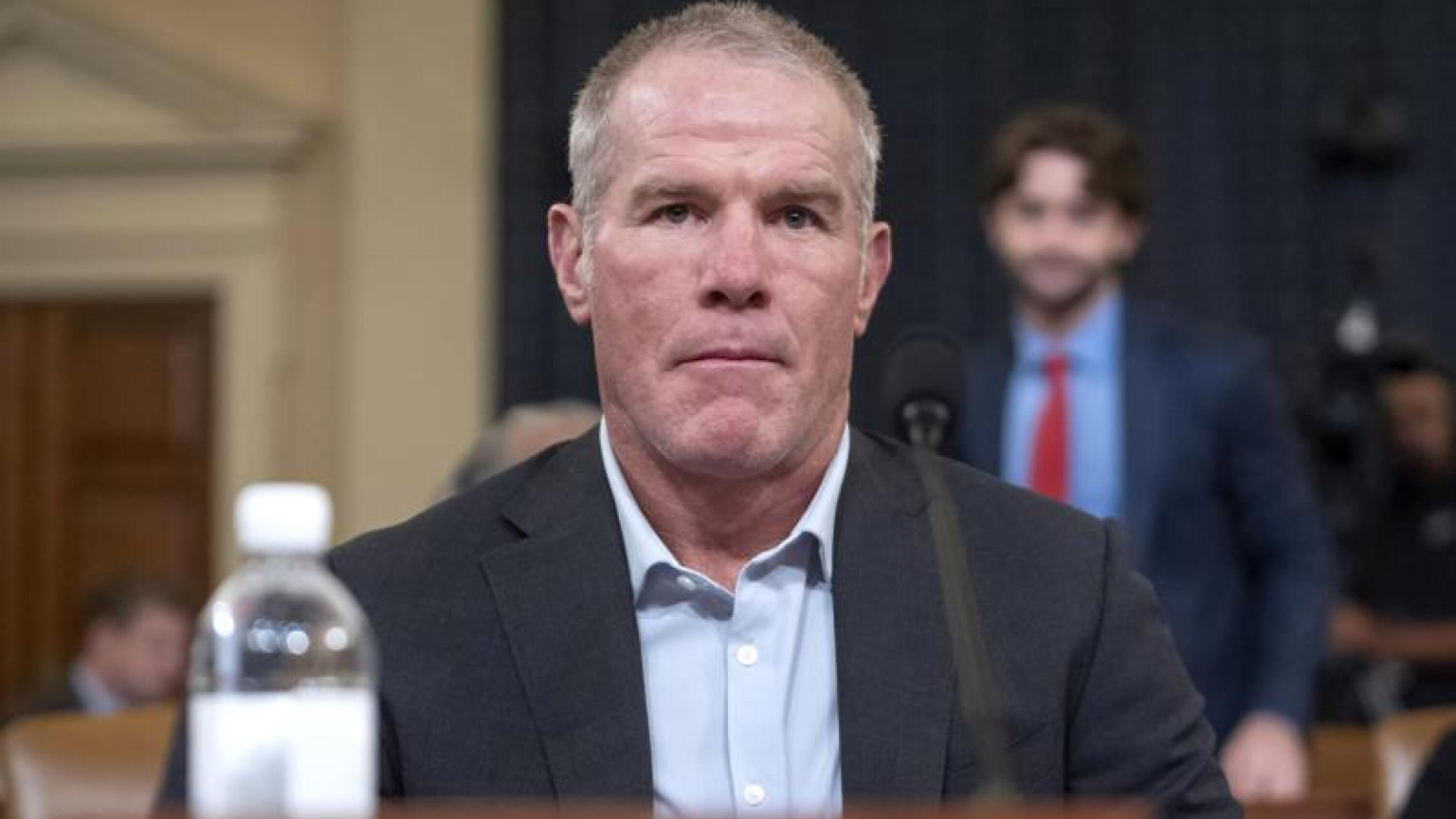Brett Favre Reveals Parkinson’s Diagnosis
NFL Hall of Famer Brett Favre recently revealed that he has been diagnosed with Parkinson’s disease. The former quarterback, who dominated the NFL for over two decades, shared his diagnosis during a congressional hearing focused on federal welfare reform. This stunning revelation has brought increased attention to the connection between concussions and long-term neurological disorders.

Favre, who spent the majority of his illustrious career with the Green Bay Packers, disclosed that he had been diagnosed with Parkinson’s, a progressive neurodegenerative disorder. He made the announcement while discussing his investment in a biotech company working on a breakthrough drug to treat concussions. Unfortunately, he noted, “It’s too late for me,” referring to his own diagnosis.
Favre’s NFL Career and Head Injuries
Favre’s journey to Parkinson’s may have been impacted by the countless concussions he endured throughout his NFL career. By his own estimation, he experienced “thousands” of concussions while playing football. These head injuries, which are common in contact sports, may have played a significant role in his diagnosis.

The link between concussions and neurodegenerative diseases, like Parkinson’s, has become a growing concern in the sports world. Dr. Joey Gee, a neurologist, noted that repeated head trauma can lead to inflammation and disrupt certain proteins in the brain, which may contribute to the development of Parkinson’s disease. Favre’s case is a stark reminder of the potential long-term consequences of repeated concussions in athletes.
How Old is Brett Favre ?
As of 2024, Brett Favre is 54 years old, and while his age places him in the higher-risk category for developing Parkinson’s, the early onset of the disease suggests that his history of concussions may have accelerated its progression. Favre is not alone in this battle; nearly one million Americans are currently living with Parkinson’s, a number expected to rise in the coming years.
Favre’s diagnosis has shed light on the broader issue of brain injuries in football, a topic that has been heavily debated in recent years. Though Parkinson’s is a serious disease, it is treatable through medication and lifestyle changes. Favre’s experience highlights the importance of early detection and treatment for those at risk, especially athletes who have faced numerous concussions.
Understanding Parkinson’s Disease
Parkinson’s disease is a chronic and progressive disorder that affects movement. It often leads to symptoms such as tremors, stiffness, balance issues, and slow movements. In addition to these physical symptoms, individuals may also experience non-motor symptoms, including depression, sleep disorders, and cognitive challenges.
The exact cause of Parkinson’s remains unknown, but factors such as age and head trauma can increase the risk. Favre’s announcement has sparked discussions about how repeated concussions might accelerate the development of this disease, especially in athletes like him who have sustained numerous head injuries.

Favre’s Role in the Mississippi Welfare Scandal
In addition to his Parkinson’s diagnosis, Favre has been entangled in a welfare misspending scandal in Mississippi. While he does not face criminal charges, Favre was asked to repay over $1 million in speaking fees funded by a state welfare program. He has denied any wrongdoing, stating he was unaware that the funds came from welfare programs intended for low-income families.
Favre’s involvement in this scandal has further complicated his public image, as he continues to maintain his innocence while battling both legal challenges and his health. Despite these difficulties, Favre’s revelation about his Parkinson’s diagnosis has refocused attention on the long-term health effects of professional football, particularly when it comes to brain injuries.
While the future remains uncertain for Favre, his openness about his condition may inspire others to seek early diagnosis and treatment, especially those who have experienced concussions or other forms of head trauma.


